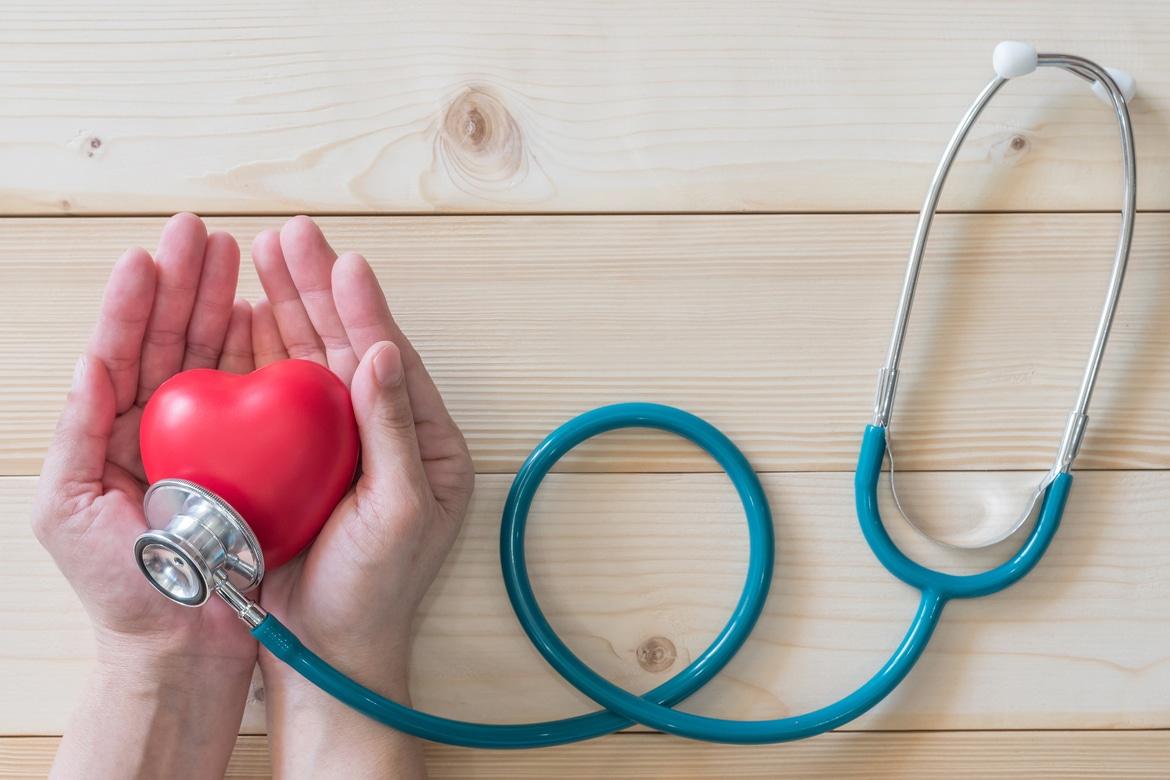Health Plus articles
Critters to Cuisine: The Surprising Benefits of Eating Insects
Would you eat insects? It might sound unusual, but learn more on why edible insects are emerging as a nutritious and sustainable food choice in Singapore.
What is Lasting Power of Attorney (LPA) in Singapore?
A Lasting Power of Attorney (LPA) allows you to appoint someone you trust to manage your affairs if you lose mental capacity in an accident or medical emergency.
Sudden Cardiac Arrest and How You Can Prevent it
How is a cardiac arrest different from a heart attack, and how can you prevent it?
How to Win the Race Against Sudden Cardiac Arrest
Even the fittest athletes can succumb to heart disease. Dr Leslie Tay, cardiologist, advises on reducing the risk of sudden cardiac arrest during sports.
Sudden Cardiac Death in Modern Day Athletes
This is a phenomenon that has been rearing its head much more in recent years. Athlete or not, it is important to understand its possible causes.









